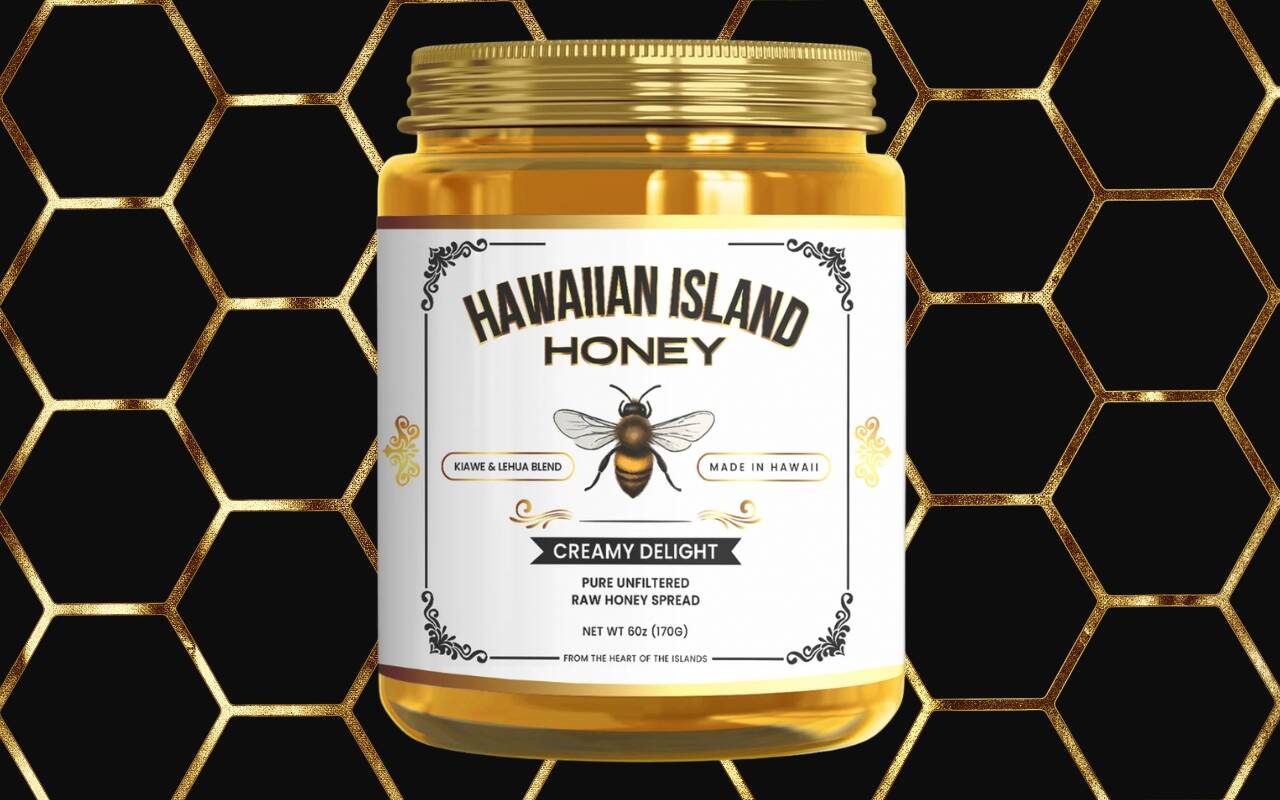When it comes to choosing the best honey for your health and culinary needs, the debate between Kiawe Honey and Manuka Honey is a hot topic for honey enthusiasts worldwide. Both types of honey offer unique flavors and health benefits, but which is better? In this article, we'll dive deep into the characteristics, benefits, and uses of Kiawe and Manuka honey, helping you make an informed choice.
What is Kiawe Honey?
Kiawe Honey is derived from the nectar of the Kiawe tree, scientifically known as Prosopis pallida, primarily found in the arid regions of Hawaii. This honey is renowned for its delicate, light flavor and smooth texture.
Characteristics of Kiawe Honey
- Flavor Profile: Kiawe Honey is known for its subtle, buttery taste with floral undertones, making it a favorite among honey connoisseurs who prefer mild flavors.
- Color and Texture: Typically pale in color, Kiawe Honey crystallizes into a creamy, spreadable form that is easy to use as a natural sweetener.
- Uniqueness: This honey is rare due to the limited growing locations and the short flowering season of the Kiawe tree.
Health Benefits of Kiawe Honey
- Rich in Antioxidants: Kiawe Honey contains antioxidants that help combat oxidative stress and support overall well-being.
- Low Glycemic Index: With a lower glycemic index than many other honeys, Kiawe Honey is a better option for those managing their blood sugar levels.
- Digestive Aid: Its smooth texture and natural enzymes can promote healthy digestion and soothe gastrointestinal discomfort.
What is Manuka Honey?
Manuka Honey is produced from the nectar of the Manuka bush (Leptospermum scoparium), native to New Zealand. It is famous for its strong, medicinal properties and robust taste.
Characteristics of Manuka Honey
- Flavor Profile: Manuka Honey is distinct for its earthy, rich flavor with hints of herbaceous elements, attracting those who prefer a bold taste.
- Color and Texture: This honey ranges from dark amber to brown, with a thick, viscous consistency.
- Therapeutic Qualities: Manuka Honey is celebrated for its high levels of methylglyoxal (MGO), a compound linked to its powerful antibacterial properties.
Health Benefits of Manuka Honey
- Antibacterial and Antimicrobial: Manuka Honey is renowned for its ability to fight infections and support wound healing due to its high MGO content.
- Immune Support: Regular consumption of Manuka Honey can boost immunity and protect against common illnesses.
- Skin Health: Its anti-inflammatory properties make it an effective natural remedy for skin conditions like acne and eczema.
Kiawe Honey vs. Manuka Honey: Key Differences
- Flavor and Culinary Uses: If you prefer a mild, smooth honey for sweetening tea or spreading on toast, Kiawe Honey is ideal. In contrast, Manuka Honey's robust taste is excellent in savory dishes or as a medicinal supplement.
- Health Benefits: While both honeys offer health advantages, Manuka Honey's antibacterial properties are unmatched, making it a top choice for therapeutic uses.
- Availability and Cost: Manuka Honey is more widely available but often comes at a higher price due to its unique healing properties. Kiawe Honey, though more affordable, is less common and often found in specialty stores.
Which Honey is Better for You?
Choosing between Kiawe Honey and Manuka Honey depends on your personal preferences and health goals. If you're seeking a natural sweetener with mild flavor and digestive benefits, Kiawe Honey is a fantastic option. However, if you need a honey with potent medicinal qualities for skin care or immune support, Manuka Honey is the superior choice.
Conclusion
In the end, both Kiawe Honey and Manuka Honey bring extraordinary flavors and health benefits to the table. Whether you opt for the smooth, delicate notes of Kiawe or the bold, medicinal powers of Manuka, incorporating either into your diet can enhance your health and culinary experiences.
Try Them Today!
Explore the world of honey by sampling both Kiawe and Manuka varieties. Visit a local specialty store or shop online to find authentic, high-quality honey. Share your experiences and favorite recipes in the comments below!
Call to Action: Are you ready to elevate your honey game? Leave a comment to share which honey you love and how you use it in your daily life. Don't forget to subscribe to our blog for more exciting insights into the world of honey!
